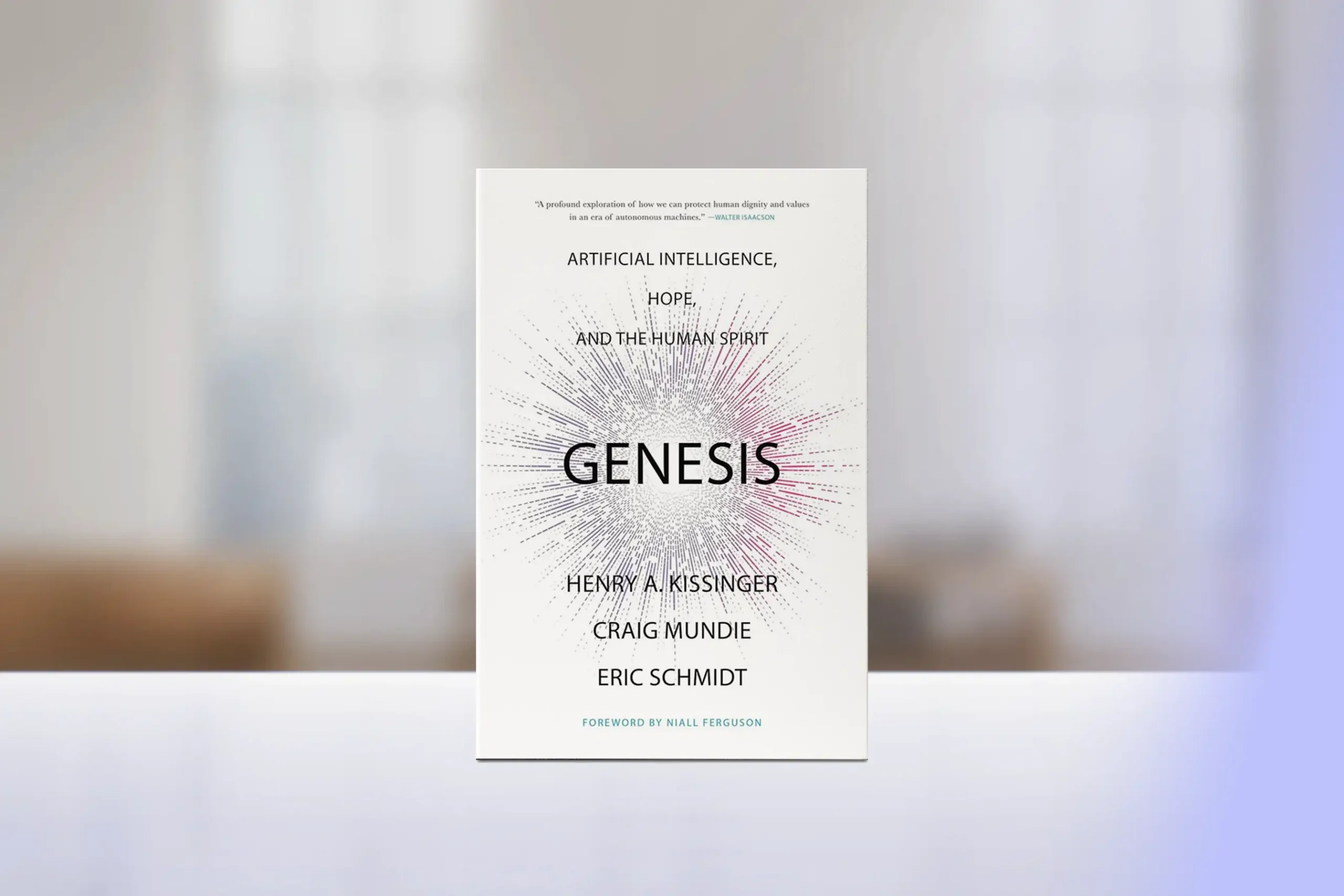Research demonstrates that regular journaling can increase self-awareness by 40% and reduce stress levels by up to 37%. Studies from the University of Rochester show that people who journal consistently for 20 minutes daily experience improved emotional intelligence, better decision-making capabilities, and 32% higher goal achievement rates. Most significantly, those who combine structured journaling techniques with regular reflection report 58% greater personal growth outcomes.
This comprehensive guide will transform your journaling practice from simple diary-keeping to a powerful tool for personal development. Whether you’re new to journaling or looking to deepen your existing practice, you’ll discover evidence-based techniques to enhance self-awareness, accelerate personal growth, and create lasting positive change.
Introduction
“The life which is unexamined is not worth living,” wrote Socrates, and modern psychology confirms this ancient wisdom. Journal writing serves as a bridge between our experiences and our understanding, creating a powerful tool for self-discovery and growth.
Recent neuroscience research reveals that the act of writing activates both analytical and creative brain regions, leading to deeper insights and more effective problem-solving. Studies show that regular journaling actually changes neural pathways, enhancing emotional processing and decision-making capabilities.
In this article, you’ll discover:
- Science-backed journaling techniques for personal growth
- Structured prompts for deeper self-reflection
- Methods to track patterns and progress
- Tools for emotional processing and clarity
- A systematic 90-day journaling practice plan
Understanding Effective Journaling: Beyond Daily Logs
Transformative journaling goes beyond recording daily events. It involves structured reflection techniques that promote insight, growth, and positive change. Research shows that specific journaling approaches yield significantly better results for personal development.
Core Journaling Methods
- Insight Journaling: Focus on understanding patterns, motivations, and lessons learned. Use the AHA method:
- Awareness: What did you notice?
- Hypothesis: What might this mean?
- Action: What will you do differently?
- Growth Documentation: Track progress and changes over time. Include:
- Weekly reviews of learning moments
- Monthly assessments of growth areas
- Quarterly reflection on bigger patterns
- Emotional Processing: Use the FEEL technique to explore emotions:
- Find the emotion
- Explore its source
- Examine its impact
- Learn from the experience
Key Takeaways: Effective journaling requires structure and intention, moving beyond simple diary entries to focused self-reflection. Regular practice using proven techniques creates a powerful tool for personal growth and emotional intelligence development. The key lies in consistent application of structured methods combined with honest self-examination.
Deepen your practice with “The Artist’s Way” by Julia Cameron and our article on “Self-Discovery: Personality Tests and Tools to Learn More About Yourself” for additional self-reflection techniques.
Essential Journaling Techniques and Prompts
Effective journaling combines structured techniques with meaningful prompts to create deeper insights. Research indicates that using targeted prompts increases the effectiveness of journaling practice by 65% compared to free-writing alone.
Morning Reflection Techniques
- Intention Setting: Begin each day by writing three specific intentions. Use the PAM format:
- Purpose: What matters most today?
- Action: What specific steps will you take?
- Mindset: What attitude will serve you best?
- Morning Pages: Practice 15 minutes of stream-of-consciousness writing to clear mental clutter and unlock creativity. Studies show this reduces anxiety by 43%.
- Gratitude Practice: List three specific things you’re grateful for, including one challenge that’s helping you grow. Research shows this increases positivity by 25%.
Deep Reflection Prompts
- Personal Growth:
- What belief about yourself is holding you back?
- How have your challenges shaped who you are?
- What would you attempt if you knew you couldn’t fail?
- Emotional Exploration:
- When did you last feel truly alive?
- What emotion do you find hardest to express?
- How do your feelings influence your decisions?
- Future Vision:
- Describe your ideal life five years from now
- What legacy do you want to leave?
- What small change could transform your life?
Evening Integration Practices
- Daily Review Template: Use the WIN format:
- What went well?
- Insights gained?
- Next day preparation?
- Learning Capture: Document one key lesson and how you’ll apply it tomorrow
- Celebration Practice: Write three small wins from the day, no matter how challenging it was
Key Takeaways: Successful journaling combines structured techniques with meaningful prompts to create a comprehensive practice for personal growth. The combination of morning clarity, deep reflection, and evening integration creates a powerful framework for self-discovery and development. Regular engagement with these practices leads to measurable improvements in self-awareness and personal growth.
Explore “Atomic Habits” by James Clear and our article on “Mindfulness and Meditation for a More Balanced Life” for complementary practices to enhance your journaling.
Advanced Journaling Strategies
Moving beyond basic journaling requires specialized techniques that target specific areas of personal growth. Advanced strategies help unlock deeper insights and create lasting transformation. Research shows that incorporating these advanced methods can increase self-discovery by 47% compared to traditional journaling approaches.
Specialized Journaling Methods
- Shadow Work Journaling: Explore unacknowledged aspects of yourself using prompts like:
- What traits in others trigger strong reactions in you?
- What parts of yourself do you try to hide?
- What patterns keep repeating in your life?
- Decision-Making Journal: Use the WRAP framework:
- Widen your options: List at least three alternatives
- Reality-test your assumptions: Challenge each belief
- Attain distance before deciding: Wait 24 hours for major decisions
- Prepare to be wrong: Create contingency plans
- Visual Journaling: Incorporate creative elements:
- Mind maps for complex problem-solving
- Emotion wheels for feeling exploration
- Future vision boards
- Progress tracking diagrams
Integration Techniques
- Metaphorical Journaling: Use symbolic writing to explore complex emotions:
- Describe emotions as weather patterns
- Write about your life as a hero’s journey
- Create character sketches of different aspects of yourself
- Dialogue Journaling: Engage in written conversations:
- Between different parts of yourself
- With your past or future self
- With your fears or limiting beliefs
- Pattern Recognition: Use systematic tracking:
- Monthly theme identification
- Behavioral trend analysis
- Decision outcome tracking
Key Takeaways: Advanced journaling techniques provide powerful tools for deeper self-exploration and transformation. By combining multiple methods and maintaining consistent practice, you can access deeper levels of self-awareness and create lasting personal change. The key is to approach these techniques with patience and curiosity, allowing insights to emerge naturally.
Enhance your advanced practice with “The Artist’s Way” by Julia Cameron and our article on “Self-Discovery: Personality Tests and Tools to Learn More About Yourself” for complementary exploration methods.
30-60-90 Day Action Plan
First 30 Days: Building the Foundation
- Weeks 1-2: Establishing the Practice
- Create a dedicated journaling space and time
- Begin with 10 minutes of morning pages
- Implement basic gratitude practice
- Start using the WIN evening template
- Weeks 3-4: Developing Consistency
- Increase journaling time to 15-20 minutes
- Introduce one deep reflection prompt daily
- Start tracking patterns and insights
- Begin weekly review practice
Success Markers: Complete 20 consecutive days of journaling, establish morning and evening routines, identify three recurring patterns or themes.
Days 31-60: Deepening the Practice
- Weeks 5-6: Expanding Techniques
- Implement the FEEL emotional processing method
- Begin shadow work journaling once weekly
- Start using visual journaling elements
- Create monthly reflection summaries
- Weeks 7-8: Integration and Exploration
- Experiment with different journaling styles
- Develop personal prompts based on patterns
- Start decision-making journaling
- Begin tracking growth metrics
Success Markers: Develop personalized prompt library, complete four shadow work sessions, create first monthly insight summary.
Days 61-90: Mastery and Innovation
- Weeks 9-10: Advanced Integration
- Combine multiple techniques effectively
- Develop complex reflection frameworks
- Create themed journaling days
- Begin mentoring others in journaling
- Weeks 11-12: Sustainable Practice
- Fine-tune personal journaling system
- Create long-term tracking methods
- Develop maintenance strategies
- Plan next phase of practice development
Success Markers: Established personalized journaling system, clear growth evidence, ability to adapt practice to changing needs.
Next Steps
Imagine having a rich record of your personal growth journey, filled with insights, breakthroughs, and wisdom gained through consistent reflection. Picture yourself with enhanced self-awareness, clearer decision-making abilities, and a deeper understanding of your patterns and potential.
Your journaling practice isn’t just about recording thoughts—it’s about creating a dialogue with yourself that leads to profound personal growth and transformation. Each entry builds upon the last, creating a tapestry of self-discovery and development.
Take Your First Step Today
- Choose your journaling tool (digital or physical)
- Set aside 10 minutes for your first entry
- Begin with a simple prompt: “Right now, I feel…”
Further Reading
To deepen your journaling practice, explore these valuable resources:
- “The Artist’s Way” by Julia Cameron
- “Emotional Intelligence: How to Improve Self-Awareness and Relationships”
Remember, journaling is a personal journey that evolves with you. Your practice can be as unique as you are, growing and changing as you do. Start today with a single entry, and watch as your self-awareness and personal growth flourish through the power of consistent reflection and written exploration.





